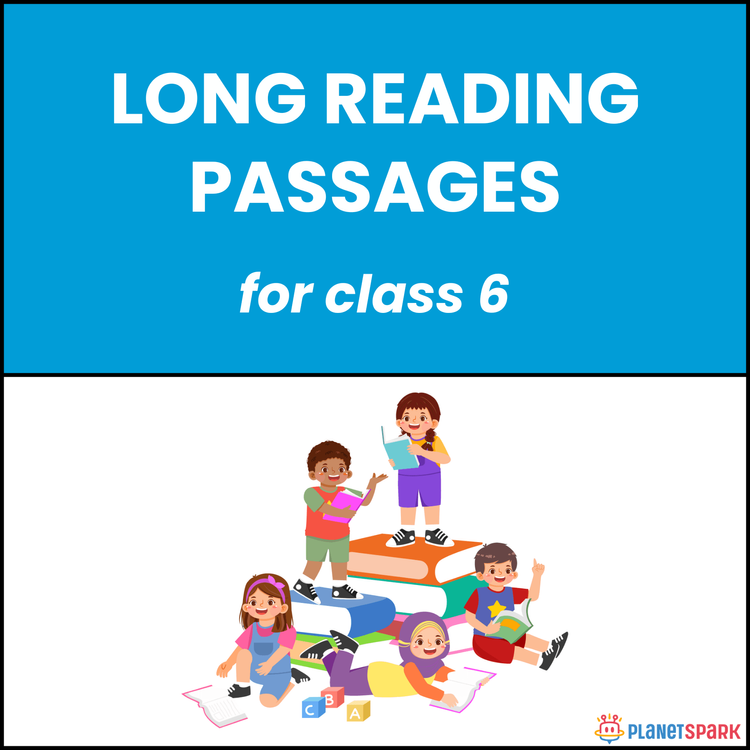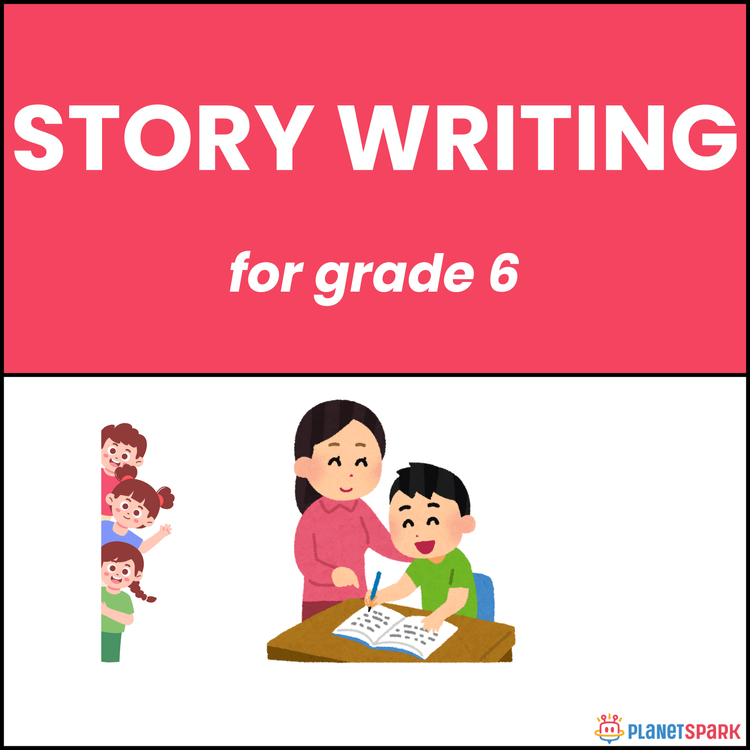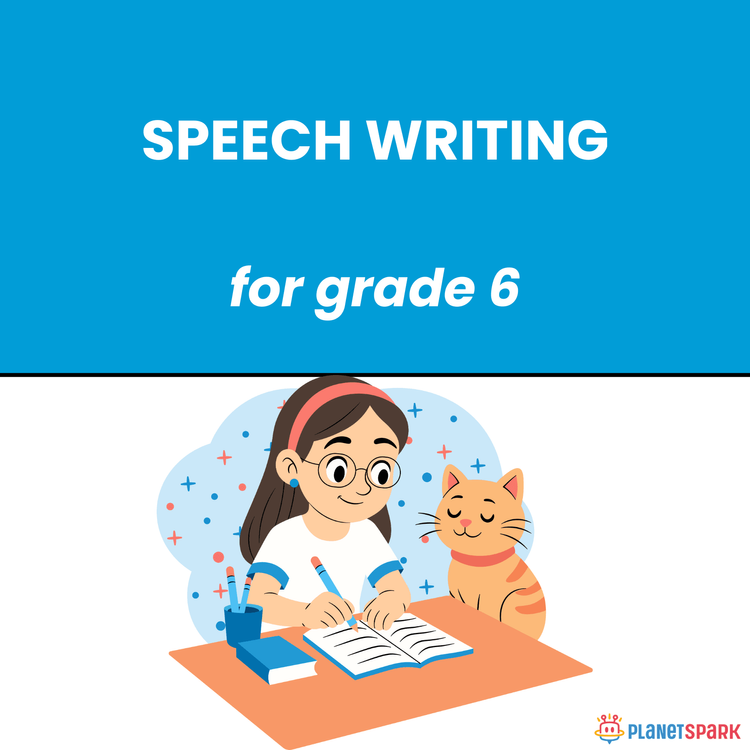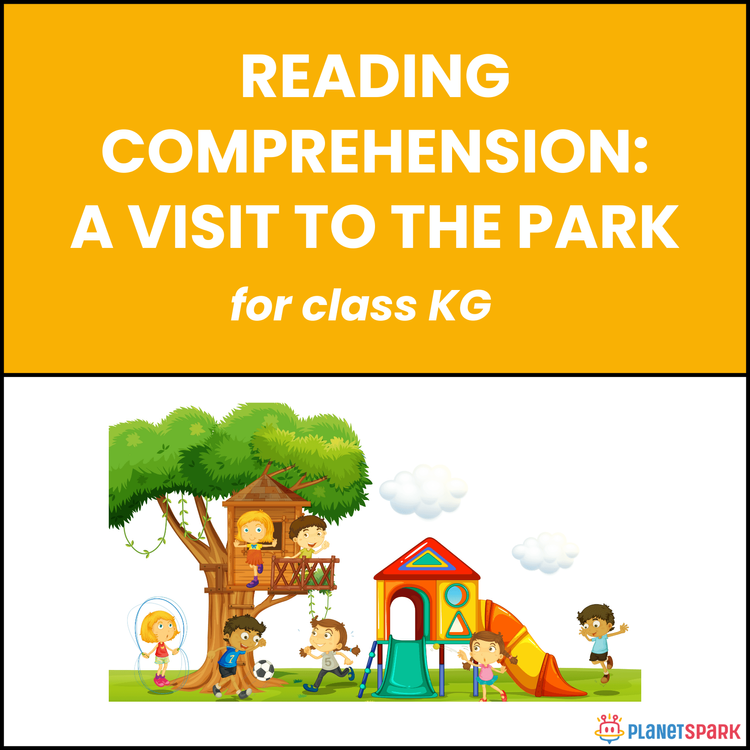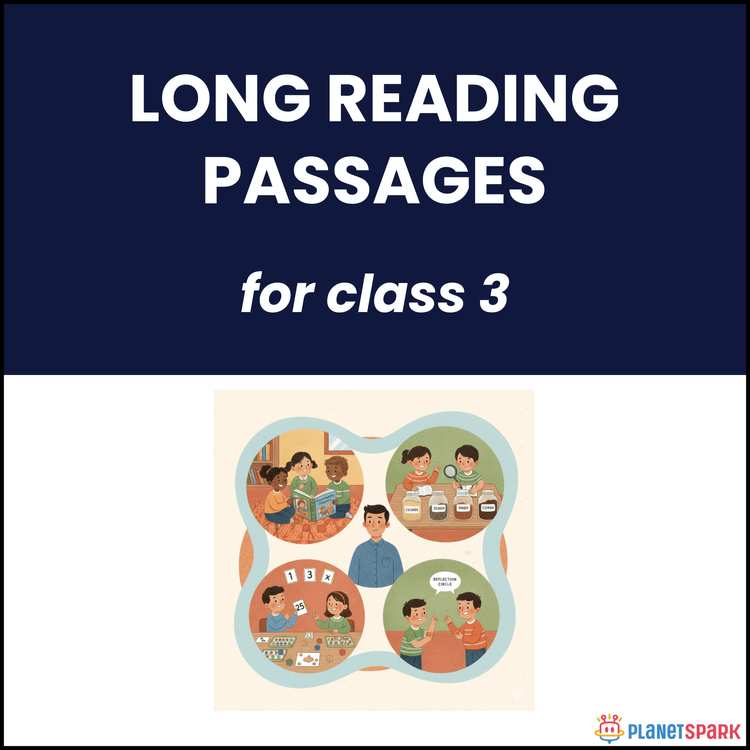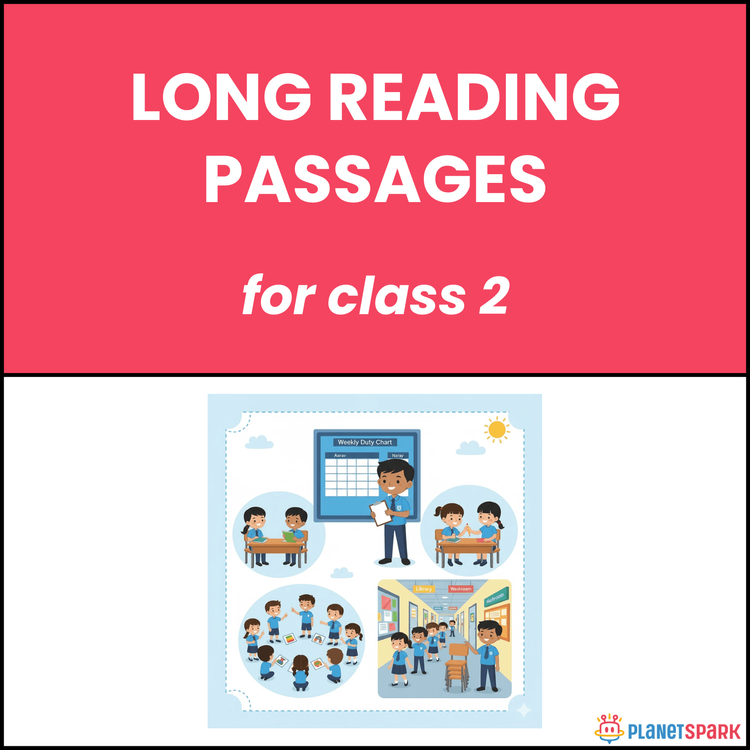Class 6 Grammar Future Tense – Will vs Going To
Class 6EnglishEnglish GrammarFree DownloadPDF
Sejal JainVisit Profile
An English educator with 10+ years of experience, I hold a Master’s in English Literature and a TESOL certification. My diverse professional background allows me to bring fresh perspective, strong communication, and thoughtful intention to every aspect of my work in education.
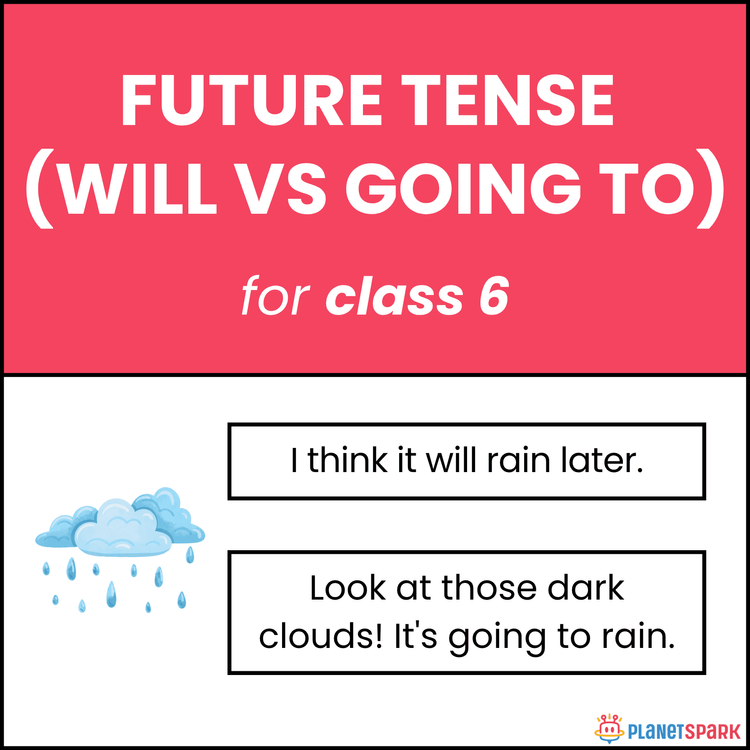

Class 6 Grammar Future Tense – Will vs Going To
Class 6EnglishEnglish GrammarFree DownloadPDF
Sejal JainVisit Profile
An English educator with 10+ years of experience, I hold a Master’s in English Literature and a TESOL certification. My diverse professional background allows me to bring fresh perspective, strong communication, and thoughtful intention to every aspect of my work in education.
Future Talk: Will vs. Going To for Class 6
This worksheet helps Class 6 students master the two forms of expressing the future—'will' and 'going to'. Through sentence corrections, timeline planning, and fill-in-the-blank drills, learners understand how to express predictions, promises, plans, and immediate intentions accurately.
Why Future Tense Forms Matter in Grammar?
Knowing how to use 'will' and 'going to' helps learners:
1. Make future predictions based on evidence or assumptions.
2. Talk about plans and scheduled actions with precision.
3. Write and speak clearly about upcoming events.
4. Avoid common future tense errors in everyday language.
What’s Inside This Worksheet?
This worksheet includes five activity-based grammar tasks:
✏️ Exercise 1 – Circle the Correct Form
Students choose between 'will' and 'going to' based on sentence clues.
🧠 Exercise 2 – Time Clue + Fill-in-the-Blank
Learners underline time indicators and select the correct future form.
✍️ Exercise 3 – Complete with Will or Going To
Students apply correct forms in everyday future contexts.
🕒 Exercise 4 – Timeline-Based Future Planning
Learners fill in a timeline of a boy’s day, combining plans and predictions.
🔧 Exercise 5 – Spot the Error and Correct
Each sentence includes one grammar mistake related to the future tense; students must rewrite it correctly.
✅ Answer Key (For Parents & Educators)
Exercise 1 – Circle the Correct Option
1. will
2. going to
3. will
4. going to
5. will
6. going to
7. will
8. will
9. will
10. will
Exercise 2 – Fill in the Blanks with Will / Going To
1. are going to
2. will
3. is going to
4. will
5. will
6. is going to
7. is going to
8. will
9. are going to
10. will
Exercise 3 – Complete the Sentences
1. will
2. is going to
3. is going to
4. will
5. is going to
6. will
7. is going to
8. is going to
9. is going to
10. will
Exercise 4 – Timeline Fill-in
1. is going to
2. is going to
3. is going to
4. will
5. will
6. will
7. will
8. will
Exercise 5 – Error Correction
1. She is going to visit her cousins this weekend.
2. I think he will win the race.
3. Look at the sky! It is going to rain soon.
4. She is going to help you with your homework.
5. He is going to make a new robot for the competition.
6. She is going to buy a new phone next week.
7. We are going to have a party on Friday.
8. I’m sure they are going to win the match.
Empower your child to speak confidently about the future using ‘will’ and ‘going to’ through these engaging grammar tasks.
🔖Book a free trial!
Frequently Asked Questions
“Will” is used for spontaneous decisions; “going to” is used for planned actions.
Because both refer to future time, but the usage depends on intention and certainty.
It gives real-life examples that contrast “will” vs “going to” in meaningful contexts.

